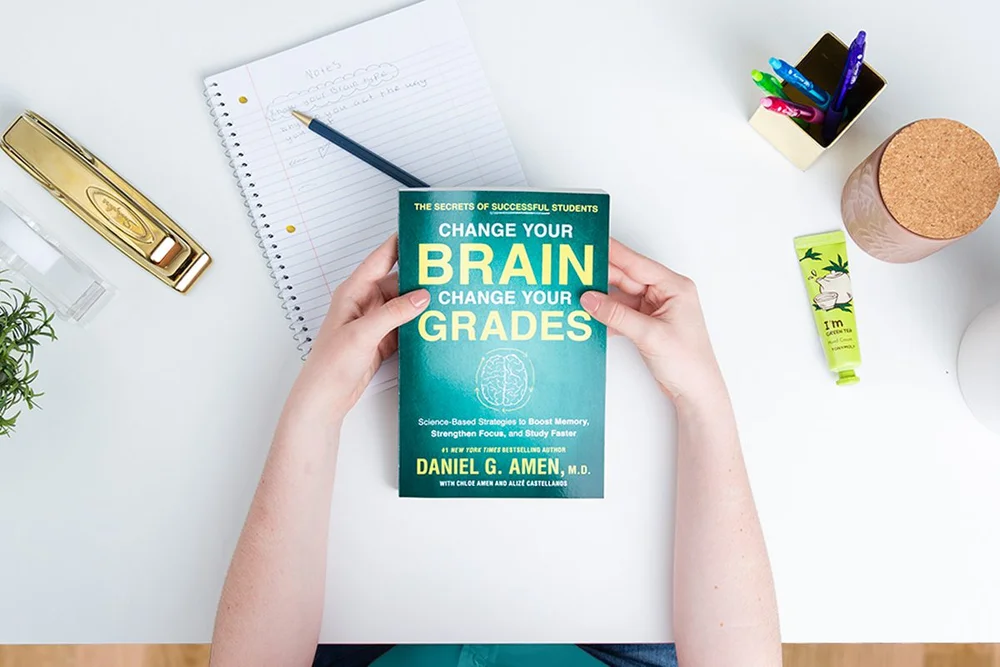How Supplements Can Help You Live Healthier
Many physicians say that if you eat a balanced diet you do not need to take supplements. However, consider this quote written by Dr. Mark Hyman in his book The UltraMind Solution: Fix Your Broken Brain by Healing Your Body First:
“If people eat wild, fresh, organic, local, non–genetically modified food grown in virgin mineral- and nutrient-rich soils that has not been transported across vast distances and stored for months before being eaten . . . and work and live outside, breathe only fresh unpolluted air, drink only pure, clean water, sleep nine hours a night, move their bodies every day, and are free from chronic stressors and exposure to environmental toxins, then it is possible that they might not need supplements. Because we live in a fast-paced society where we pick up food on the fly, skip meals, eat sugar-laden treats, buy processed foods, and eat foods that have been chemically treated, we all could use a little help from a multiple vitamin/mineral supplement.”
Natural supplements have both advantages and disadvantages. Some of the primary advantages are:
- Supplements are often effective when targeted properly
- Typically, they have dramatically fewer side effects than most prescription medications
- They are usually significantly less expensive than prescription medications
Plus, you never have to tell an insurance company that you’ve taken them. As awful as it sounds, taking prescription medications can affect your insurability! Many people have been denied or made to pay higher rates for life, long-term, and disability insurance because they have taken certain medications. If there are natural alternatives, they are definitely worth considering.
Yet, natural supplements also have their own set of potential issues. For instance, many people are also unaware that natural supplements can have side effects and need to be thoughtfully used. Just because something is natural does not mean it is innocuous. Both arsenic and cyanide are natural, but that doesn’t mean they are good for you.
Another concern about natural supplements is there can be issues with quality control, and because of this, it’s important to find brands you can trust. One more short-coming can be that many people get their advice about supplements from clerks at health food stores who may not have the best information.
And keep in mind that supplements are NOT a cure-all. They can’t replace important health-supporting habits such as a healthy diet, exercise, sleep, and stress management. Remember, they are called “supplements” because they support, but don’t replace, healthy choices. Supplements CAN pick up where food and good health habits leave off, giving our bodies some of the extra firepower they need.
Even when weighing the possible pitfalls, the benefits of natural supplements make them really worth considering, especially with high-quality products based on scientific research such as those from the experts at BrainMD Health.
Of course, it’s important to discuss supplements with your healthcare professional. If he or she doesn’t know much about them (which is common), talk to a naturopath or integrative medicine physician.
- Veterans Day: One Warrior Shares Some of the Best Ways to Heal from Trauma - November 2, 2023
- Could Your Mood Issues Be Linked to a Pain In the Neck? - October 13, 2023
- What’s At the Root of Your Sciatic Nerve Pain? - September 20, 2023



